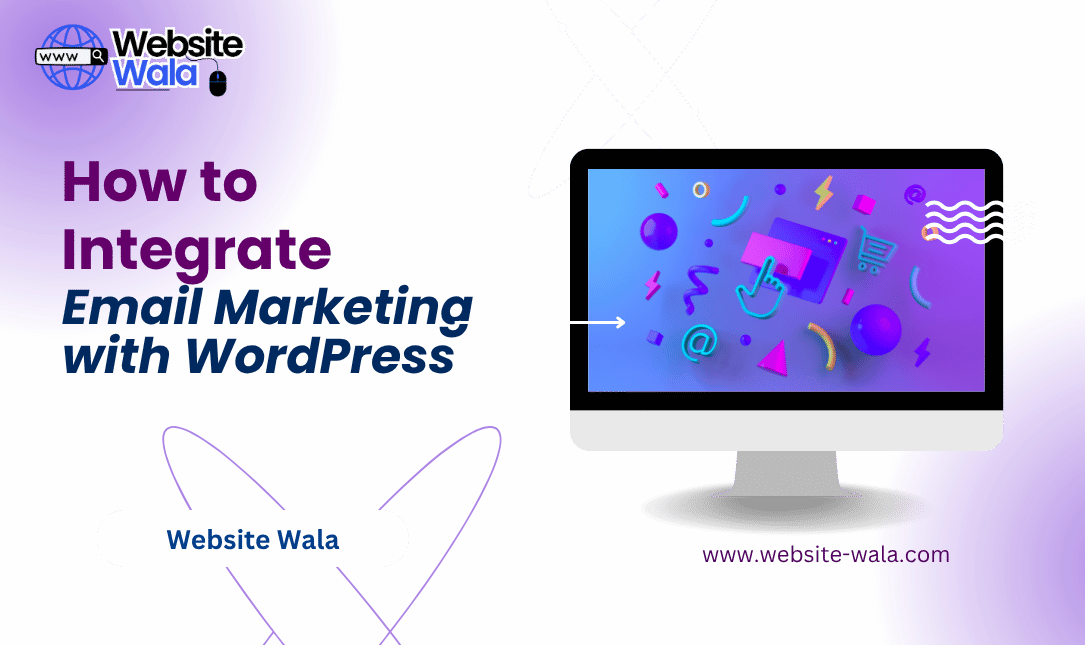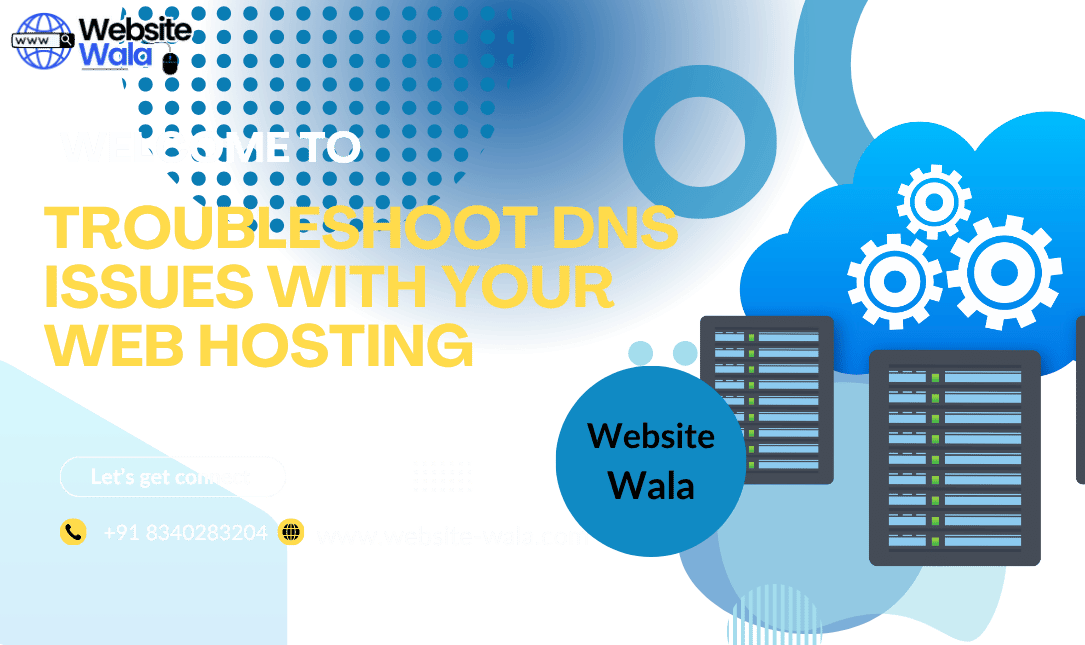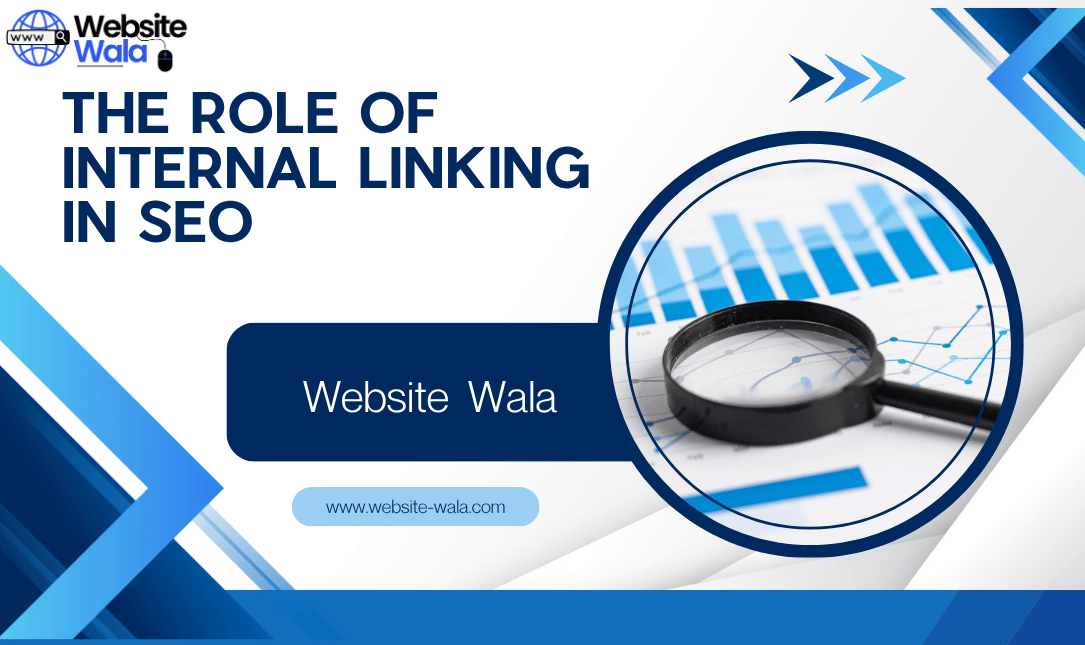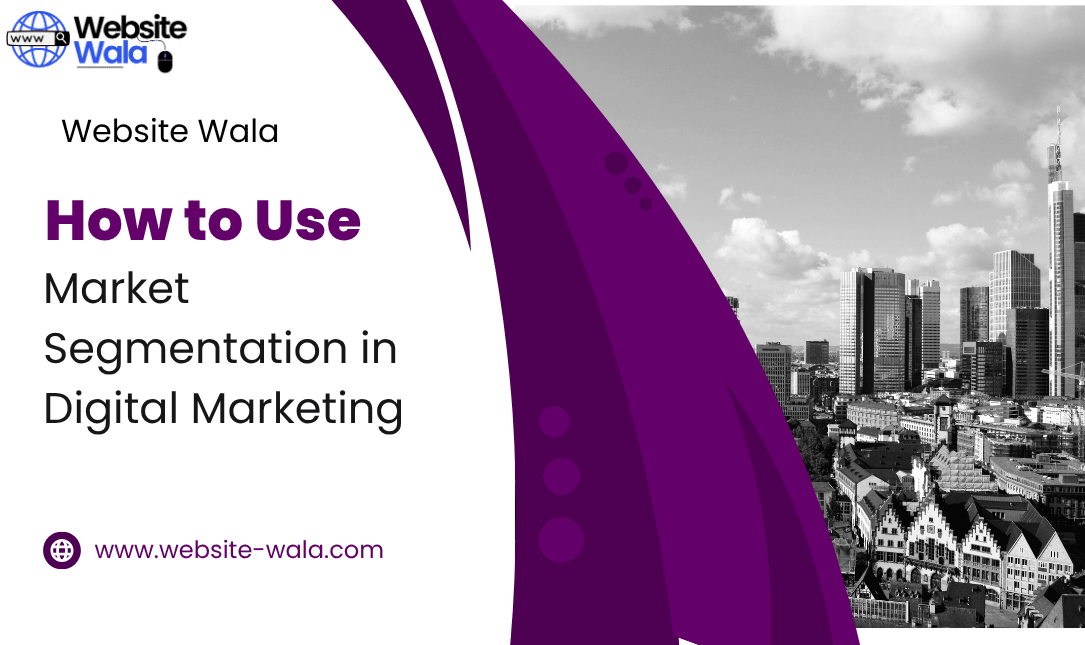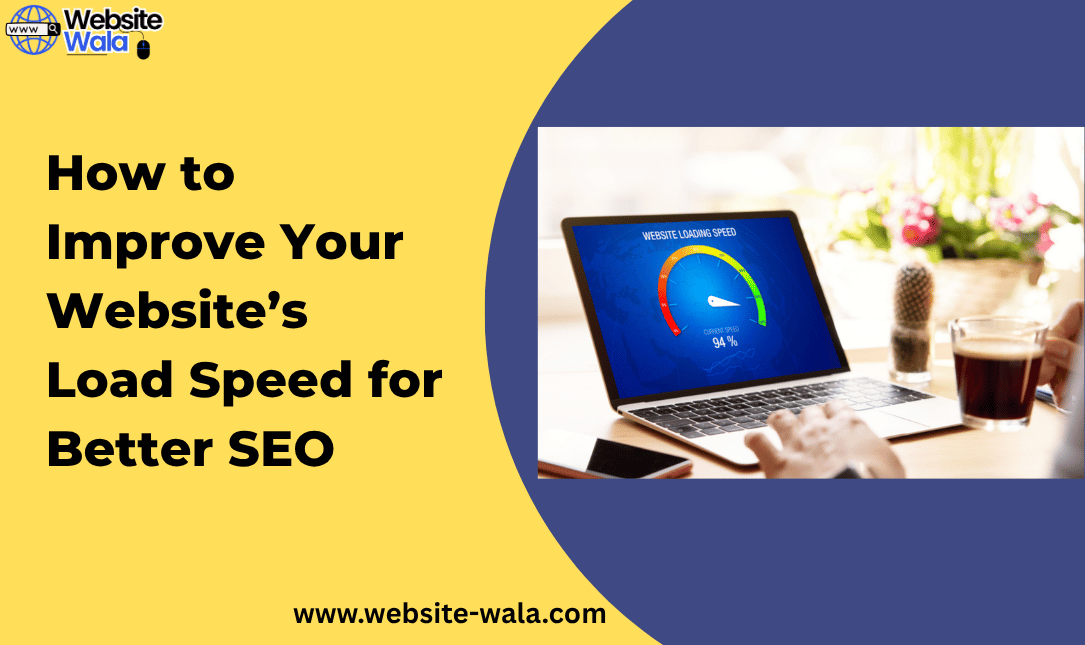
Learn How to Improve Your Website’s Load Speed for Better SEO with actionable strategies, tools, and expert tips to boost your site’s performance and ranking.
Introduction
If you’re wondering How to Improve Your Website’s Load Speed for Better SEO, you’re already thinking like a professional digital marketer. Website load speed is one of the most critical factors that affect user experience, engagement, and ultimately, search engine ranking. A fast-loading website not only keeps visitors happy but also signals to Google that your site is reliable and optimized for user intent.
In this comprehensive guide, we’ll break down the best strategies to improve page load times, enhance website performance, and apply load speed optimization techniques that lead to better visibility in search results. By the end, you’ll have a clear, actionable roadmap to achieve website speed optimization for superior SEO outcomes.
Why Website Load Speed Matters for SEO
Before diving into How to Improve Your Website’s Load Speed for Better SEO, it’s essential to understand why it matters. Google has explicitly stated that page speed is a ranking factor for both desktop and mobile searches. Slow websites frustrate users and lead to higher bounce rates — two metrics that can negatively affect your SEO optimization efforts.
Studies show that if a page takes longer than 3 seconds to load, over 50% of users abandon it. That means all your efforts in content creation, design, and marketing could go to waste if your web page speed isn’t optimized.
A faster site contributes to:
-
Better search engine ranking
-
Higher user satisfaction and engagement
-
Increased conversions and sales
-
Lower bounce rates and better dwell time
In short, mastering How to Improve Your Website’s Load Speed for Better SEO is about more than just speed — it’s about user experience and business success.
Step 1: Test Your Current Website Performance
The first step in learning How to Improve Your Website’s Load Speed for Better SEO is understanding where you currently stand. Use reliable tools such as:
-
Google PageSpeed Insights
-
GTmetrix
-
Pingdom Website Speed Test
These platforms analyze your site’s page load speed, offer scores, and provide suggestions for site speed improvement. Look for metrics like Largest Contentful Paint (LCP), First Input Delay (FID), and Cumulative Layout Shift (CLS) — all of which impact website performance and SEO rankings.
Step 2: Optimize Your Images
Images are often the main culprits behind slow websites. To improve page load times, compress and resize images without losing quality. Tools like TinyPNG or ImageOptim can help reduce file sizes efficiently.
Use next-gen formats like WebP for better compression and enable lazy loading to ensure images load only when they appear in the user’s viewport. This strategy significantly enhances load speed optimization and improves both mobile and desktop performance.
Step 3: Minimize HTTP Requests
Every file on your website — including images, scripts, and stylesheets — triggers an HTTP request. The more requests, the slower the load. To achieve website speed optimization, reduce unnecessary requests by:
-
Combining CSS and JavaScript files
-
Eliminating unused plugins and themes
-
Using inline SVGs instead of image icons
This simple technique can drastically improve page load times and make your website leaner and faster.
Step 4: Enable Browser Caching
Caching allows browsers to store static files like images, CSS, and JavaScript locally. This means returning visitors won’t have to reload the entire site each time they visit. Enabling caching is one of the most effective page load speed tips to enhance repeat user experiences.
By applying browser caching rules, you can save server resources, decrease web page speed issues, and strengthen your SEO optimization efforts.
Step 5: Use a Content Delivery Network (CDN)
A CDN stores copies of your site on multiple servers across the globe. When a visitor accesses your site, the nearest server delivers content, resulting in faster load times.
For site speed improvement, consider using CDNs like Cloudflare, Amazon CloudFront, or Akamai. This not only enhances website performance but also reduces latency and improves your search engine ranking by delivering a smoother user experience.
Step 6: Optimize Your Code
Poorly written or bloated code can drag down your site speed. Simplify and streamline your HTML, CSS, and JavaScript. Use minification tools like UglifyJS or CSSNano to remove unnecessary spaces, comments, and characters.
This process of load speed optimization ensures your site loads faster without altering functionality, contributing directly to website speed optimization and better SEO results.
Step 7: Upgrade Your Hosting Plan
Your hosting provider plays a huge role in determining website load speed. Shared hosting might be cost-effective, but it often limits performance due to shared server resources. For better website performance, consider upgrading to a VPS, cloud hosting, or a dedicated server.
Reliable hosts with strong uptime and fast response times can drastically improve page load times and support long-term SEO optimization goals.
Step 8: Reduce Redirects
Each redirect adds extra HTTP requests and delays page loading. Limit or remove unnecessary redirects to boost web page speed. If redirects are essential, ensure they’re configured correctly to avoid redirect chains.
By focusing on this subtle yet crucial site speed improvement, you’ll enhance both user experience and search visibility.
Step 9: Implement Gzip Compression
Gzip compression reduces the size of your HTML, CSS, and JavaScript files by up to 70%. When browsers request these files, compressed versions load faster and use less bandwidth.
Activating Gzip (or Brotli compression) through your hosting provider or CMS plugin is a key tactic in How to Improve Your Website’s Load Speed for Better SEO, leading to faster rendering and improved SEO performance.
Step 10: Monitor and Maintain Speed Regularly
Speed optimization isn’t a one-time task. Continually monitor your website performance using Google Analytics and speed testing tools. Update plugins, themes, and scripts regularly to avoid bloat and vulnerabilities.
Consistent monitoring ensures sustained website speed optimization and helps maintain your search engine ranking over time.
Bonus: Mobile Optimization
More than half of global web traffic comes from mobile devices. A mobile-friendly design is essential when learning How to Improve Your Website’s Load Speed for Better SEO. Use responsive design, avoid large pop-ups, and prioritize mobile-first indexing to ensure your website load speed remains excellent across all devices.
Conclusion
Mastering How to Improve Your Website’s Load Speed for Better SEO is one of the smartest investments you can make in your digital strategy. A fast website enhances user satisfaction, increases conversions, and boosts your visibility in search results.
By following the strategies above — from image optimization and caching to CDN implementation and code refinement — you’ll achieve significant site speed improvement and sustainable SEO optimization.
Remember, in the digital world, speed isn’t just a convenience — it’s a competitive advantage. Take the time to optimize today, and watch your website performance and rankings soar tomorrow.



















